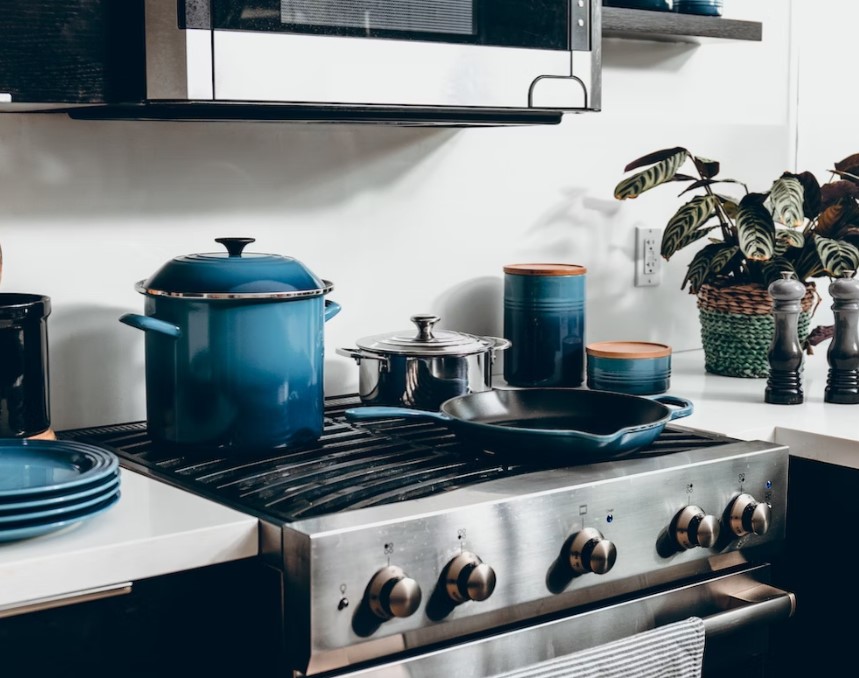The right cookware will make cooking more fun and more accessible. There are many different types of cookware, with materials ranging from stainless steel, cast iron, copper, and aluminum.
The material you choose will significantly impact the performance of your pots and pans. Understanding this will help you decide which cookware is best for your cooking style.
Material
Knowing which material is ideal for your cooking technique is crucial if you intend to purchase a new cookware set. The perfect choice for you will depend on the kinds of meals you frequently create. There are two options: copper and aluminum.
Stainless steel is an excellent choice for most cooking styles because it’s a versatile, long-lasting material that doesn’t react with acidic foods. It can also withstand high heat and oven temperatures without breaking down.
It’s also an excellent option for nonstick cookware because it’s resistant to scratches, pits, and stains. However, PTFE coatings can break down in high heat, so they aren’t recommended for broiling or baking.
Size
The size is one of the most essential aspects of choosing the right cookware. This is especially true when it comes to frying pans.
A frying pan is an essential tool for every home cook. Its round, flat bottom supports frying/searing/browning food with just one handle.
The best frying pans, like those from GoodCook, are large enough to cook multiple pieces of food simultaneously. They are also ideal for cooking delicate foods like fish and eggs. For this reason, most cooks recommend 10-12 inches.
Style
Whether shopping for your kitchen or adding to your bridal registry, picking the right cookware can be overwhelming. To assist you in making an informed choice that will enable you to produce delectable meals for your family and friends, professional chefs and cooking instructors discuss what they look for when choosing the cookware.
When choosing the right cookware for your cooking style, think about which foods you typically prepare and the techniques you use when cooking them. For example, if you tend to sear meat and seafood, you’ll want a pan with a high heat tolerance.
You also want to consider ergonomic factors like the shape of handles and any other features that may make it more comfortable to hold. This will help you avoid cookware-collecting-dust syndrome and ensure your new pieces are functional and attractive.
Functionality
The appropriate cookware may assist any kitchen. You can produce a culinary masterpiece without breaking or getting your hands burned if you make the right decisions. To choose the best pots and pans, consider various factors, including size, style, and construction material. Selecting the ideal pots and pans for your needs necessitates considering the building material.
Budget
Budgeting your money carefully is essential to buy the best cookware for your cooking style. Using pots and pans that scratch your kitchen counters, break when you pour water or steam veggies, or both is the last thing you want to do.
To help you choose the best cookware for your needs, chefs and cooking instructors in the industry provide their practical advice.
Some of these variables are material-related, which is significant because certain materials transfer heat more effectively and uniformly than others. For baking, for instance, metal is more effective than glass.










